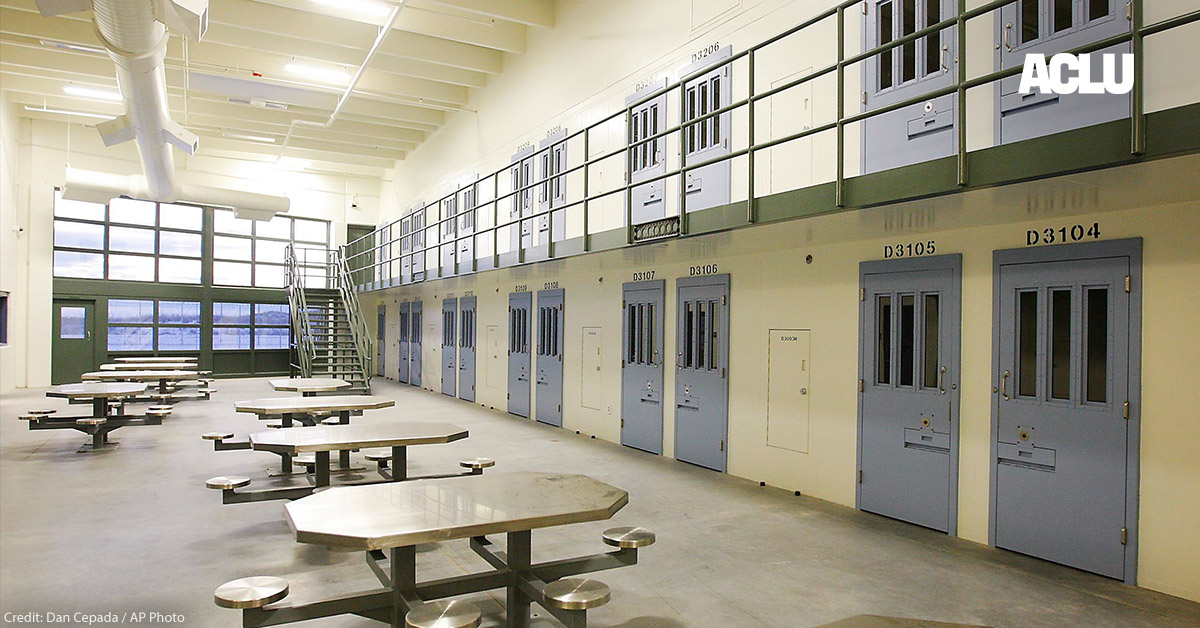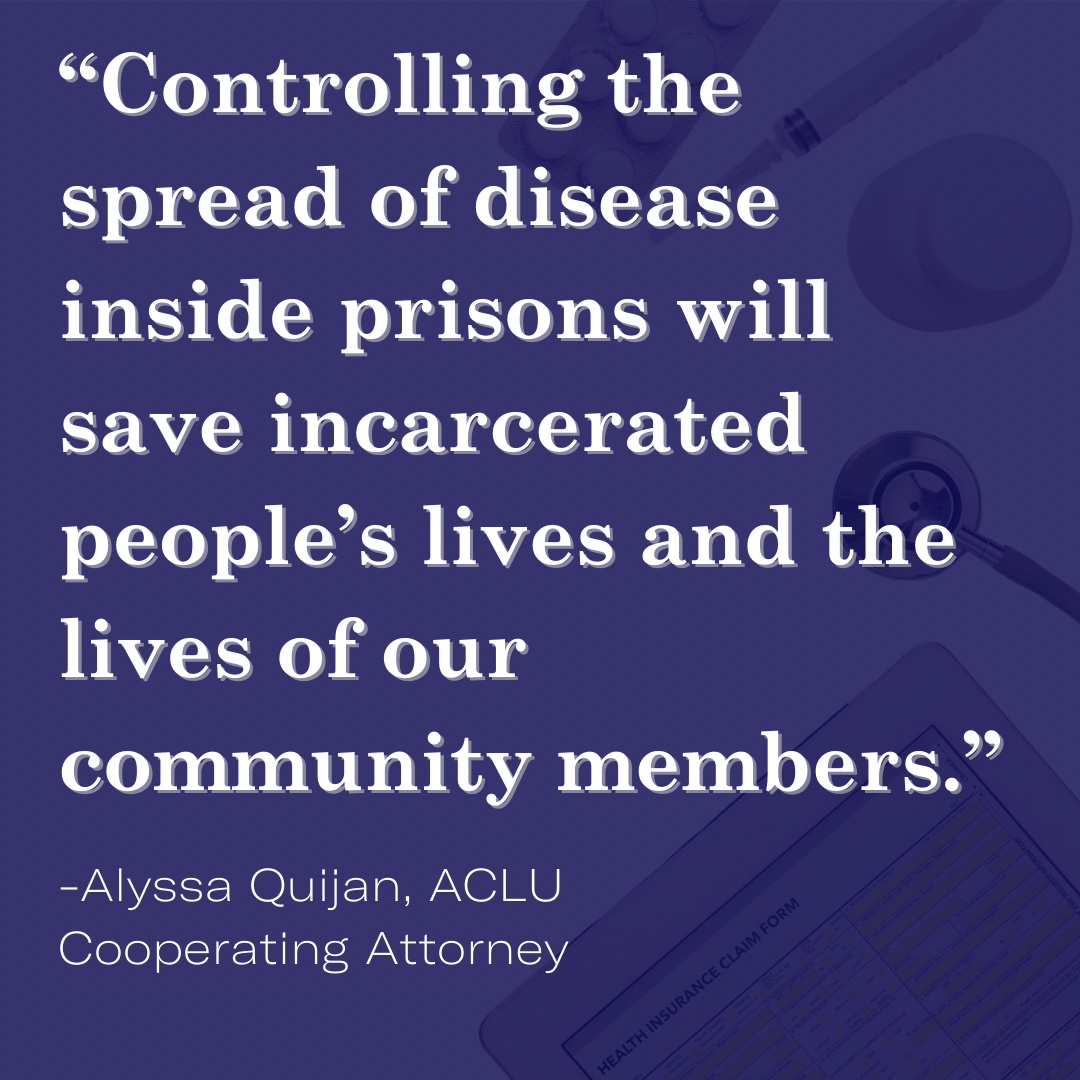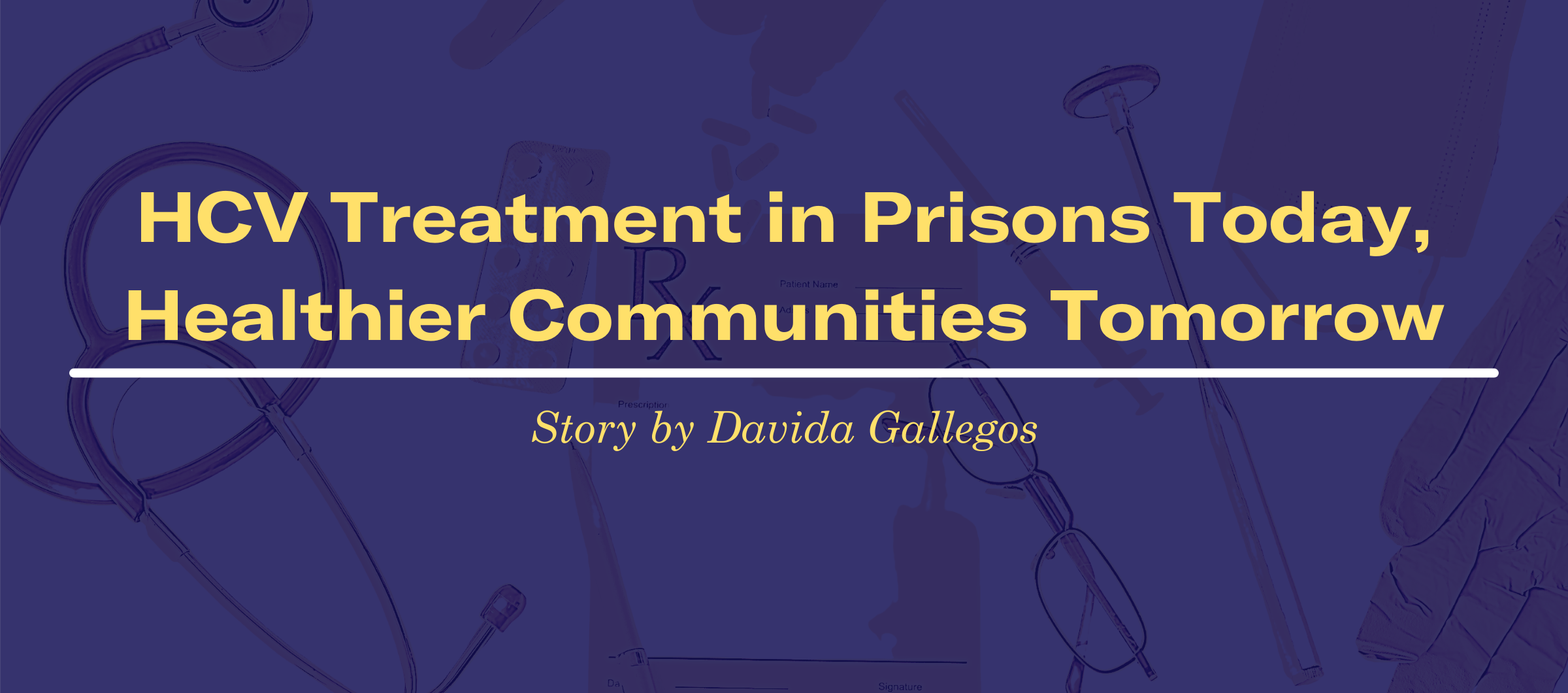This piece first appeared in The Hill.
Imagine being released from prison to serve the rest of your sentence at home. You begin your reintegration back to society. You get a job, rent an apartment, maybe even go back to school. You reconnect with your family. You fully abide by every single regulation related to your home confinement.
Then, all of a sudden, you are told that any day now you will have to go back to prison.
This is exactly the situation for thousands of people today.
Since COVID-19 hit prisons, a total of 25,244 people incarcerated in federal prison have been allowed to serve their sentences at home. They continued to be under federal custody, and subjected to monitoring with their freedom restricted, but they served their sentence at home. This program, known as home confinement, was encouraged under the CARES Act, which passed in response to COVID-19 and was meant to prevent the spread of the virus. Individuals are given this option based on numerous considerations, including vulnerability to COVID-19, underlying health conditions, and whether they would have better access to medical treatment at home.
Yet on Jan. 15, 2021, just five days before leaving office, the Trump administration dropped a bombshell and issued a memo declaring that people released to home confinement would be sent back to prison once the national COVID emergency ended. When President Biden took office, many were hopeful that he would rescind the order. Yet so far, the Biden administration has refused to, despite repeated requests from both Democratic and Republican lawmakers and advocates.
The concept of serving the end of your sentence at home is far from new. In the federal prison system, it has existed since the George W. Bush presidency, when Congress passed the Second Chances Act, allowing federal prisons to send people to serve the last six-months or ten percent of their sentence at home. When COVID-19 hit, Congress expanded this authority under the 2020 CARES Act.
People like 43-year-old Miranda McLaurin have benefitted from this authority. A disabled Army veteran sentenced to five years for a drug offense, she was allowed to go home to Mississippi to serve the rest of her sentence, instead of being imprisoned more than a 1,000 miles away in a federal prison in Connecticut. “I always hear them talking about giving people a second chance,” she said of the Biden administration. “I came home, I got a job. I’m working.”
Today, more than 4,500 people are in similar situations to Miranda’s. They are out of prison in home confinement but being threatened by the Biden administration to be sent back to prison. Forcing them back to prison would be cruel, legally unnecessary, would not make us safer, and cost taxpayers millions.
First, the Bureau of Prisons did not tell people they were releasing that they expected to send them back to prison. For this reason, people signed leases for homes, bought furniture, started planning their lives. They should not be forced to go back to overcrowded and unsanitary prisons.
Second, the CARES Act broadened the Bureau of Prisons authority to release people to home confinement and nothing in it states that they should be sent to back to prison once COVID is done. Sens. Dick Durbin (D-Ill.) and Cory Booker (D-N.J.) recently made this point in a letter to Attorney General Merrick Garland, stating that “The plain text of the CARES Act provides BOP with authority to lengthen the amount of time a prisoner may serve in home confinement. It is that authority (the authority to make a placement decision), not the consequences of those decisions, that is limited to the emergency period of the pandemic.” In fact, if the releases were meant to be temporary, the BOP would have been clear by calling them furloughs, and not releases. Home confinement has never been considered a temporary solution. It is meant to prepare a person to go home, not to prison.
Third, this makes little sense from a public safety perspective. Everyone released was already determined to be a “low risk”; this was part of the condition of release. Not surprisingly, only about 0.63 percent, or 151 people out of more than 24,000 people, have violated the terms of their release once transferred to home confinement.
Finally, sending thousands of people to prison will cost tens of millions of dollars. It costs approximately $37,000 a year to incarcerate an individual in federal prison. Now multiply that by thousands.
During the campaign trail, candidate Biden told the ACLU that as president, he would be committed to reducing the federal prison population by 50 percent. Yet should President Biden allow thousands of people to be sent to federal prison he would be presiding over the fastest expansion of the federal prison population in history.
Recently more than a dozen members of Congress, led by Rep. Bonnie Watson Coleman (D-N.J.), sent a letter to President Biden urging him to rescind Trump’s policy and to use the president’s clemency authority to reduce the sentences of people living under home confinement and allow them to be free. As the letter stated, “Reducing sentences for those who have successfully reintegrated into their communities would keep families together, save money, and improve public safety.”
President Biden must at the very least allow people to serve the rest of their sentences at home. Anything less would needlessly hurt thousands of people. Yet President Biden should go further, and use his power of clemency, as requested by congressional lawmakers, to commute the sentences of people who are already living at home not posing a public safety threat. Doing so will protect lives and also allow President Biden to meet his campaign pledge to help end mass incarceration by reducing the federal prison population.
Date
Tuesday, July 6, 2021 - 2:00pmFeatured image




